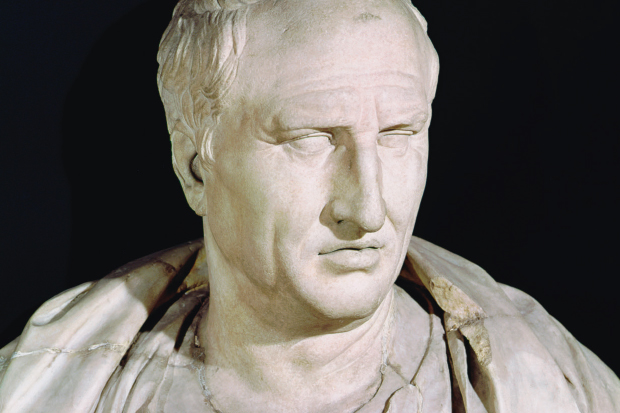Marcus Tullius Cicero was the ancient master of the ‘save’ key. He composed more letters, speeches and philosophy books than most writers of any epoch; but more important than any particular work was that so much survived to define his time. He had a secretary, Tiro, who can reasonably be given the credit for researching, correcting, copying and casting out his master’s words.
Already a subscriber? Log in
Subscribe for just $2 a week
Try a month of The Spectator Australia absolutely free and without commitment. Not only that but – if you choose to continue – you’ll pay just $2 a week for your first year.
- Unlimited access to spectator.com.au and app
- The weekly edition on the Spectator Australia app
- Spectator podcasts and newsletters
- Full access to spectator.co.uk
Unlock this article
Available from the Spectator Bookshop, £18 Tel: 08430 600033. Peter Stothard, edited the Times for ten years from 1992, and is now editor of the TLS. His latest book is Alexandria: The Last Nights of Cleopatra.
You might disagree with half of it, but you’ll enjoy reading all of it. Try your first month for free, then just $2 a week for the remainder of your first year.














Comments
Don't miss out
Join the conversation with other Spectator Australia readers. Subscribe to leave a comment.
SUBSCRIBEAlready a subscriber? Log in